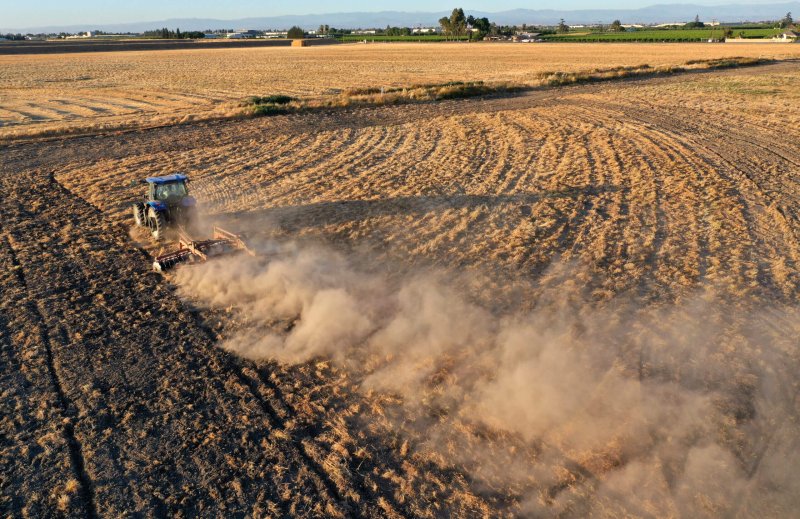The San Joaquin Valley – the most profitable agricultural region in the United States, with eight million acres of farmland and 200,000 workers who provide food to people in the US, Europe, Canada, China and other countries – faces a possible rise in annual average maximum temperatures of 2.7 degrees Celsius by mid-century, and up to 4.4 degrees Celsius by the end of the century, according to a new state-commissioned climate report released in January.
The report’s lead authors, Jose Pablo Ortiz-Partida and Angel Santiago Fernandez-Bou, told Al Jazeera that small-scale farms are most at risk from climate change because their shallow wells are the first to dry up when groundwater is depleted. They have few resources to adapt and less political representation than large farms, and language barriers can also make things harder for Hmong and Latinx farmers.
Increasingly, farm workers are suffering from heat stroke, both in the field and at home, as many cannot afford air conditioning, Ortiz-Partida added.
“People think of climate change as something of the future, but we see its effects here in California, but especially the San Joaquin Valley, every day,” Fernandez-Bou said.































